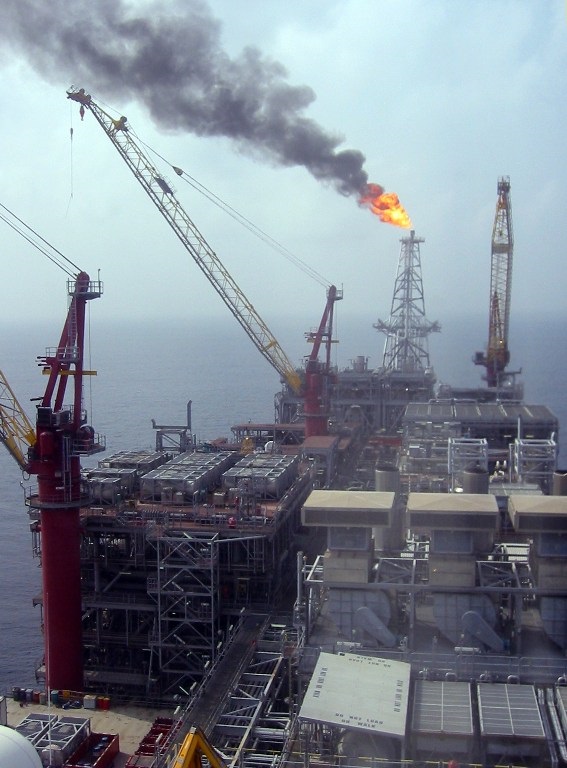
Nigerian economy glimpses dim light at end of tunnel
Lagos, Nigeria | AFP | Suffering from rampant inflation, stalled investment and mass layoffs, Nigeria is still gripped by one of the worst economic crises in its history.
But for the first time in months, the West African economic giant is finally looking to exit its first recession in decades.
On Thursday, parliament approved the government’s ambitious seven-trillion-naira ($23-billion) budget to “pull the economy out of recession as quickly as possible”.
The plan, bolstered by improved output in oil production and a potential billion-dollar World Bank loan, aims to kick-start growth through rail, ports and power projects.
In January, the International Monetary Fund (IMF) said it expected Nigerian growth to hit 0.8 percent for 2017 and 2.8 percent in 2018.
Others are more optimistic. “Growth of 2.0 percent (in 2017) is totally possible,” said Moody’s analyst Aurelien Mali at the ratings agency’s annual West Africa conference in Lagos this week.
“Import figures suggest that after declining for two years, domestic demand picked up at the turn of the year,” John Ashbourne, economist at Capital Economics, said in a recent note.
Ashbourne added that there were also encouraging “signs of life in Nigeria’s non-oil sector”.
– Oil output up –
The new figures are far from the boom time in Nigeria, which over the past decade had enjoyed average annual growth of eight percent, according to Bloomberg.
“Compared to other oil powers like Qatar, Nigeria didn’t prepare for rainy days,” said Douglas Rowlings, an analyst with Moody’s.
Saving for a worldwide crash in commodity prices wasn’t under the control of President Muhammadu Buhari, who only came into power in 2015.
But his tough talk towards rebel groups in the Niger Delta only served to deepen the recession, said emerging market analysis firm BMI Research.
As a result of attacks on oil and gas infrastructure in the oil-producing swamplands last year production fell to a low of 1.4 million barrels per day (bpd) and Nigeria’s growth contracted to 1.5 percent in 2016.
Ongoing talks with the rebels and money in the form of amnesty payments solved the problem.
It helped that junior oil minister Emmanuel Ibe Kachikwu succeeded in securing an exemption for Nigeria from a global agreement to reduce oil production.
Meanwhile, Buhari’s overseas medical trips have left the more conciliatory and collegiate Vice-President Yemi Osinbajo in charge of handling negotiations with the rebels.
Now production has once again risen over two million bpd, giving Nigeria access to foreign currency and supplying banks and businesses who were unable to pay suppliers for much of 2016.
– Political risk –
The Central Bank of Nigeria has eased a dollar shortage by creating a market-determined rate for investors, yet a black market for dollars persists.
“Many investors are waiting to reinvest in the country but as long as there’s a parallel market they will be hesitant,” said Moody’s Mali.
Structural reforms will be needed to improve the business climate.
But if, how and when legislators will loosen currency controls put in place by Buhari remains a question, keeping investors at bay.
Then there is the issue of Buhari’s health. The president was away for almost two months at the beginning of the year and left the country again last week for treatment of an undisclosed ailment.
The 74 year old’s failing health “threatens to paralyse Nigeria’s government”, Ashbourne said.
Compared to 2016, it won’t take much for Nigeria to rebound. How much it grows depends on the price of oil, which the country depends on for the bulk of its foreign exchange.
“Nigeria’s economy might not be as attractive as before but it’s still very compelling in the long term,” said Rowlings.
RELATED STORY
 The Independent Uganda: You get the Truth we Pay the Price
The Independent Uganda: You get the Truth we Pay the Price



